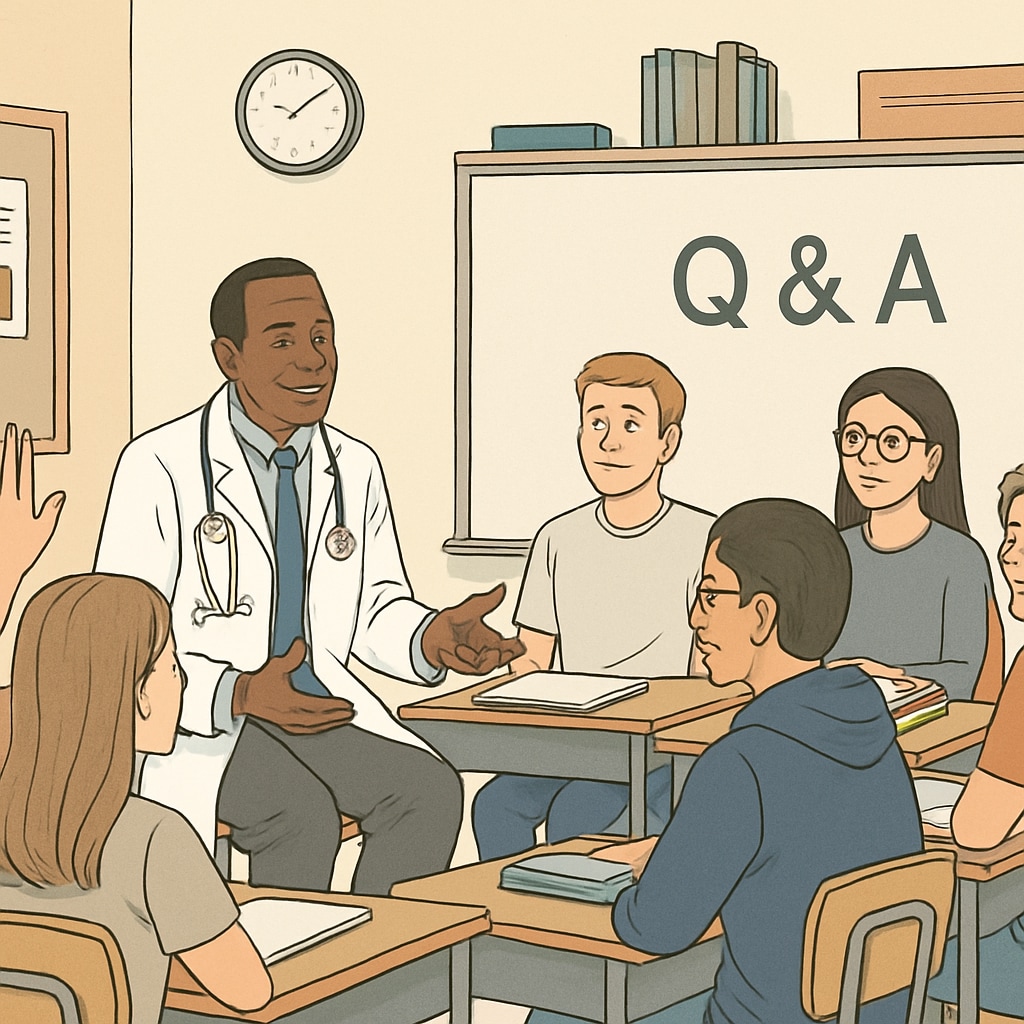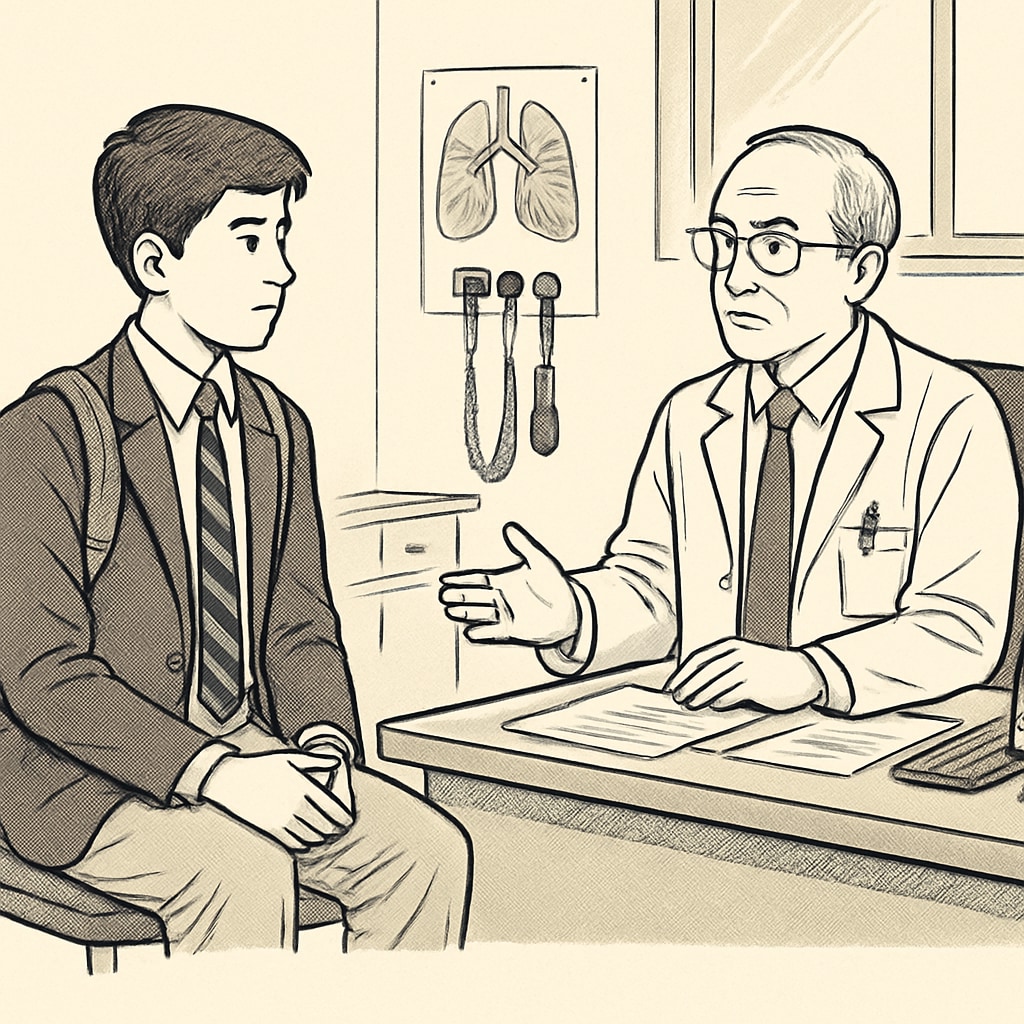In an era where choosing the right career path is more critical than ever, initiatives focused on medical careers, school projects, and career counseling are gaining momentum. One such initiative, a “Medical Career Exploration Program,” directly connects high school students with experienced doctors, giving students first-hand insights into the realities of working in the medical field. This program is a vital bridge, providing students with the tools and guidance they need to make informed decisions about pursuing a career in medicine.
Understanding the Importance of Medical Career Exploration
High school is a time when students begin to seriously consider their future careers. However, many lack access to reliable information about professions, especially those as complex as medicine. A project connecting students with medical professionals addresses this gap by offering real-world knowledge. Students can ask direct, pointed questions about the challenges and rewards of medical careers, as well as the educational paths required to succeed in the field.
For example, students might learn about the daily responsibilities of a surgeon, the emotional resilience required for emergency medicine, or the research opportunities in medical science. These interactions provide a comprehensive picture of the medical profession, helping students assess whether it aligns with their interests and skills.

How School Projects Can Foster Medical Career Interest
School-based programs focusing on career exploration create a structured environment for students to engage with professionals. These projects often include:
- Guest lectures by doctors and medical researchers
- Interactive Q&A sessions
- Shadowing opportunities in hospitals or clinics
- Workshops on medical ethics, patient care, and teamwork
These activities go beyond theoretical learning, providing practical exposure to the medical field. For instance, shadowing a doctor for a day can help students understand the time commitment, the high-pressure environment, and the critical thinking skills required in healthcare.
Moreover, such projects often integrate elements of career counseling, ensuring that students receive personalized advice tailored to their aspirations. They may be guided on how to build a competitive medical school application, the significance of extracurricular activities, and strategies to manage the rigorous academic demands of a medical career.

Career Counseling: A Key Component of Medical Career Guidance
Career counseling is an essential element of any successful medical exploration program. It allows students to align their interests, strengths, and long-term goals with the requirements of the medical profession. Counselors can help students understand critical aspects such as:
- The different specializations within medicine (e.g., pediatrics, cardiology, psychiatry)
- The financial and time investment required for medical education
- The importance of work-life balance in a demanding profession
- The ethical considerations and emotional challenges of patient care
For example, a student passionate about mental health might be encouraged to explore psychiatry, while another interested in technology could look into radiology or biomedical research. By providing these tailored insights, career counseling ensures that students make decisions based on a clear understanding of their options.
The Long-Term Impact of Medical Career Exploration Programs
Programs that connect students with medical professionals have a lasting impact. They not only foster interest in the medical field but also prepare students for the challenges ahead. By engaging early with mentors and role models, students gain confidence and clarity about their future. Additionally, these programs contribute to the broader goal of addressing the global shortage of healthcare professionals by inspiring the next generation to take up careers in medicine.
In conclusion, initiatives focusing on medical careers, school projects, and career counseling are invaluable for students navigating their academic and professional journeys. By providing structured guidance and real-world exposure, these programs empower students to make informed, confident decisions about their futures. As a result, they lay the foundation for a skilled and passionate medical workforce in the years to come.
Readability guidance: This article uses short paragraphs and lists to enhance readability. It avoids excessive passive voice and long sentences while incorporating transition words for a smooth flow.


